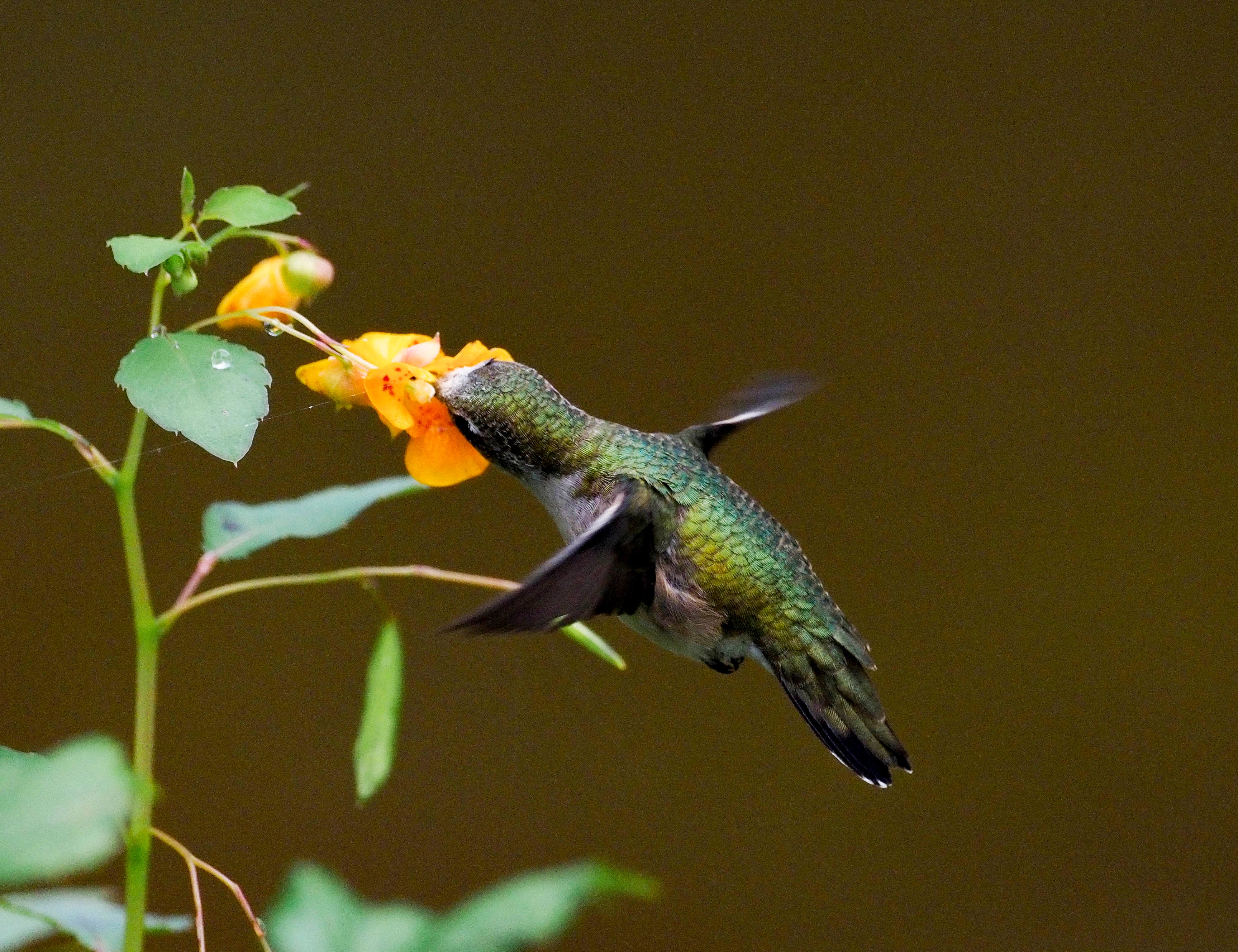Earlier this spring, the University of Maryland Arboretum staff received notification that UMD has been recognized as a Bird Campus by the Maryland Bird Conservation Partnership, joining just three other Maryland universities. Bird Campus designation recognizes 2-year and 4-year colleges and universities committed to reducing threats to birds and becoming more healthy for students, faculty, and employees (as well as for birds). The Maryland organization began recognizing bird-friendly cities in 2019 and added the Bird Campus program in 2021.
UMD’s recognition was due, in large part, to student volunteers and Outreach Coordinator Meg Smolinski. Members of the university’s student chapter of the Wildlife Society track how many and what kind of birds have died from window collisions. Globally, several hundred million birds are killed each year as a result of collisions with windows. Birds of all shapes and sizes travel at speeds high enough that a window collision almost always proves fatal. The collected data is used to determine which buildings are most threatening to birds and may contain clues on how to prevent deaths. Other campus efforts of note include native areas on campus – the university’s golf course is one of only 19 International Certified Audubon Cooperative Sanctuaries for Golf in the state of Maryland and campus sustainability efforts such as LEED-certified buildings.
UMD will commemorate World Migratory Bird Day on May 11 as part of their participation in the Bird Campus program. The theme will be insects: Their importance to birds and how UMD protects them. Visit the UMD Arboretum website for more information.
While the UMD Arboretum is no stranger to receiving recognition for its conservation efforts, Director of Landscape and Special Services, Karen Petroff is nonetheless proud of this recent honor. “Tree Campus, Bee Campus, and now Bird Campus! We are delighted to add expanded conservation and awareness of native birds to our arboretum stewardship efforts.”

